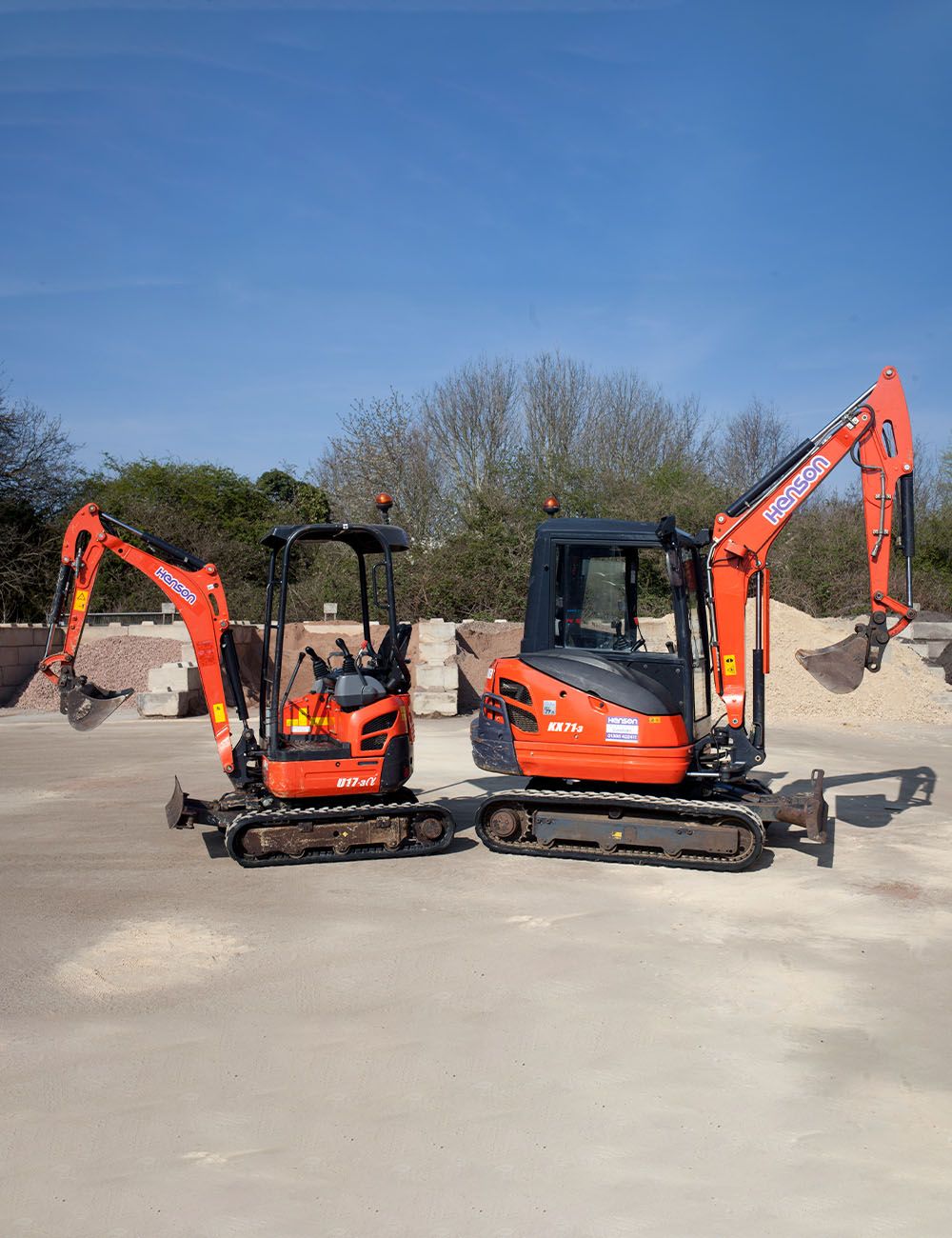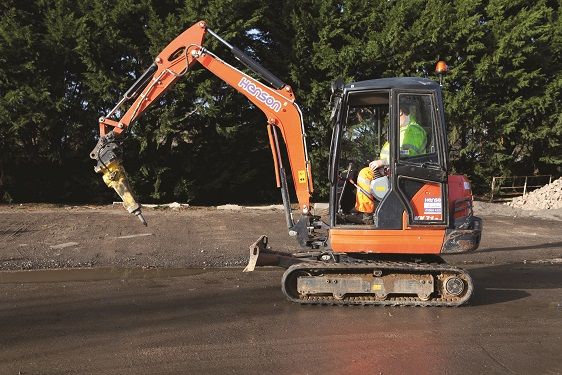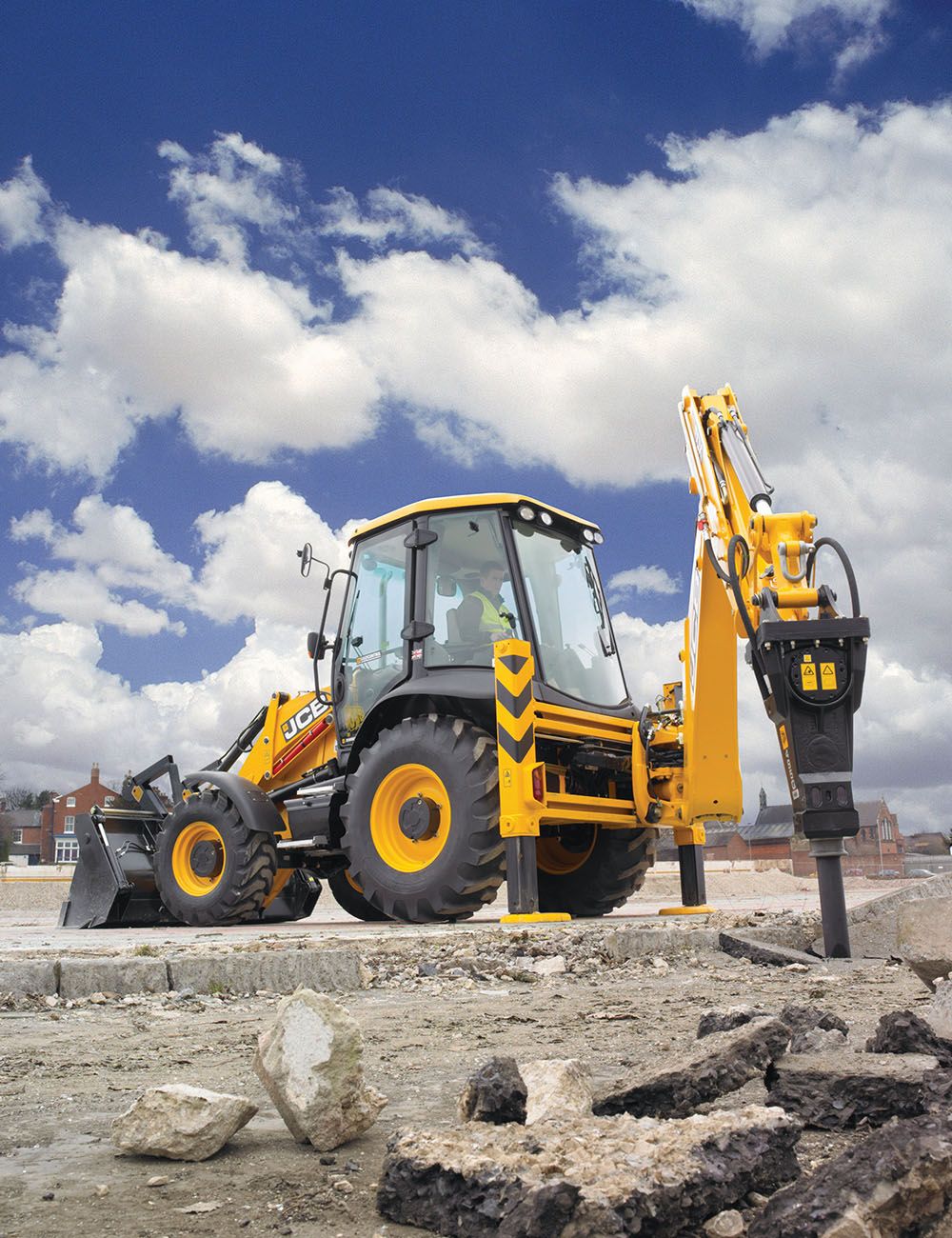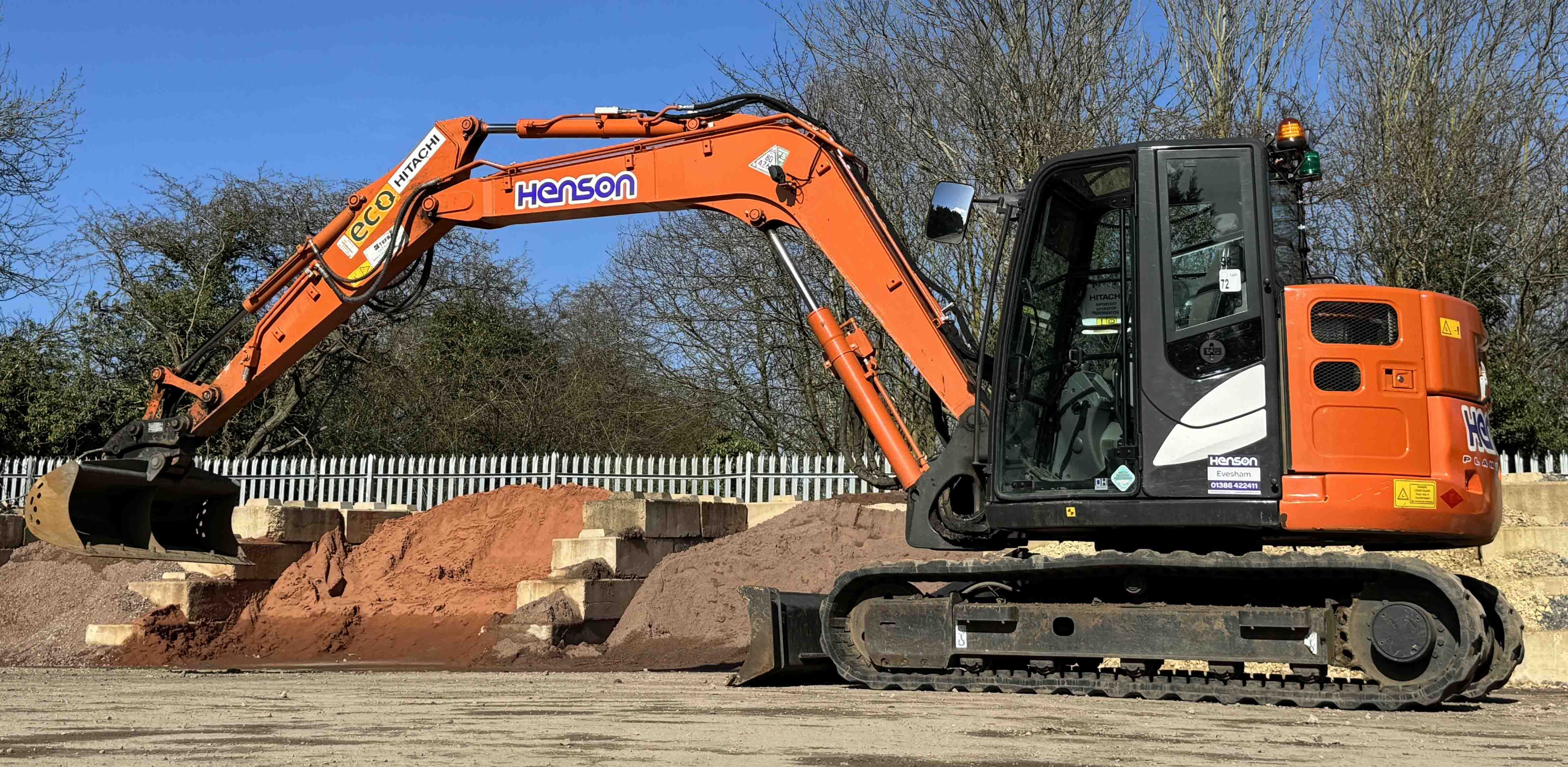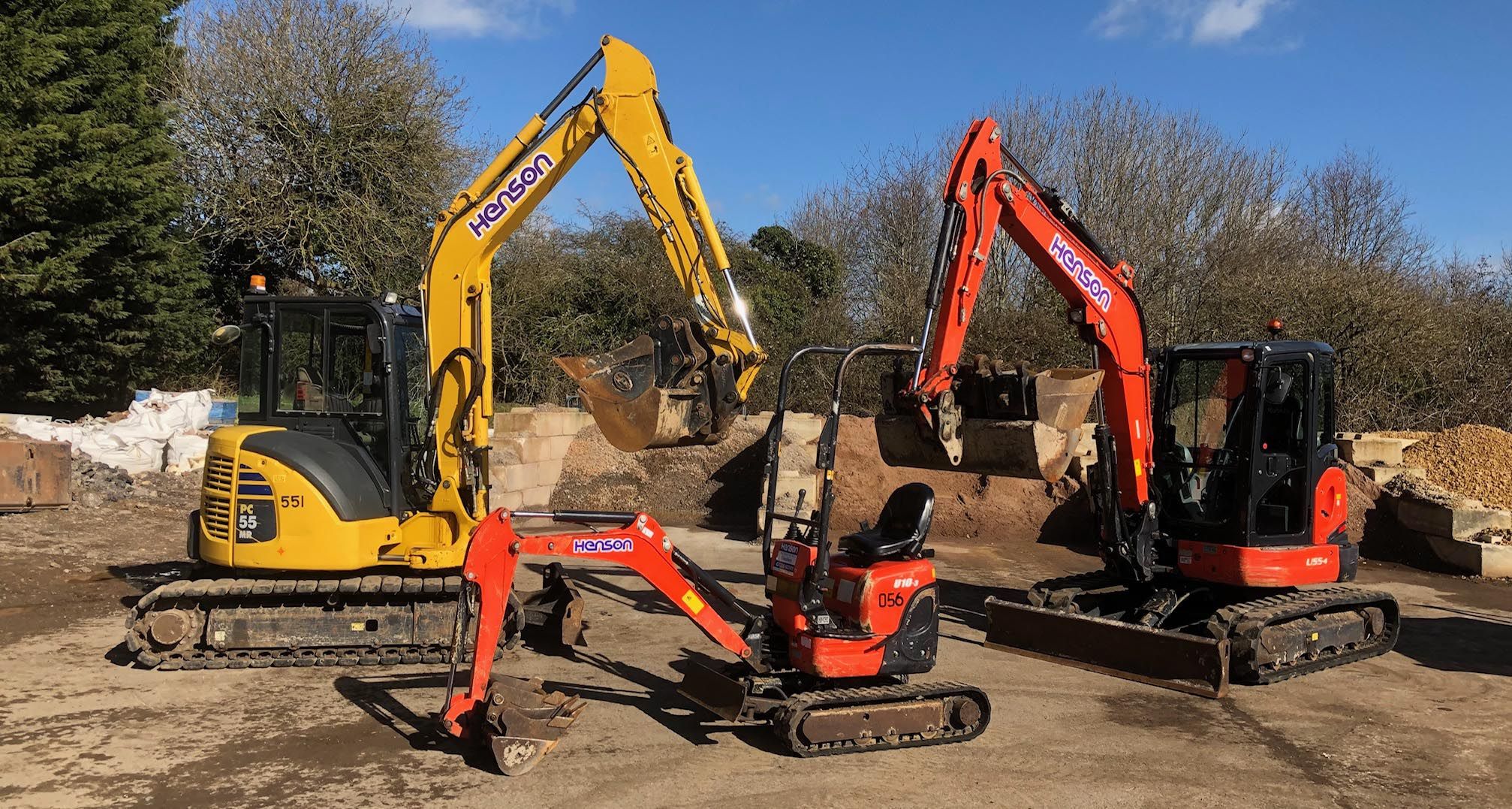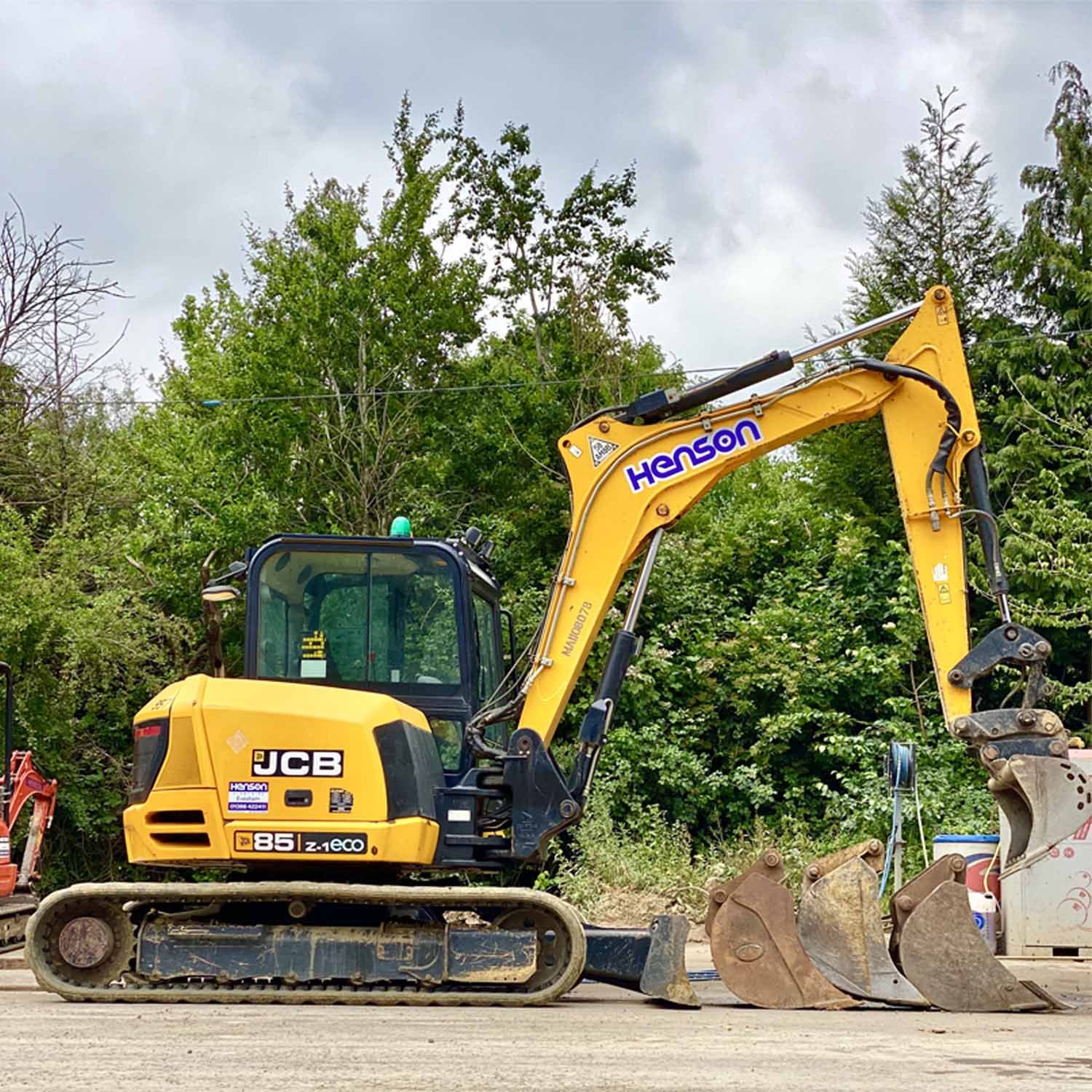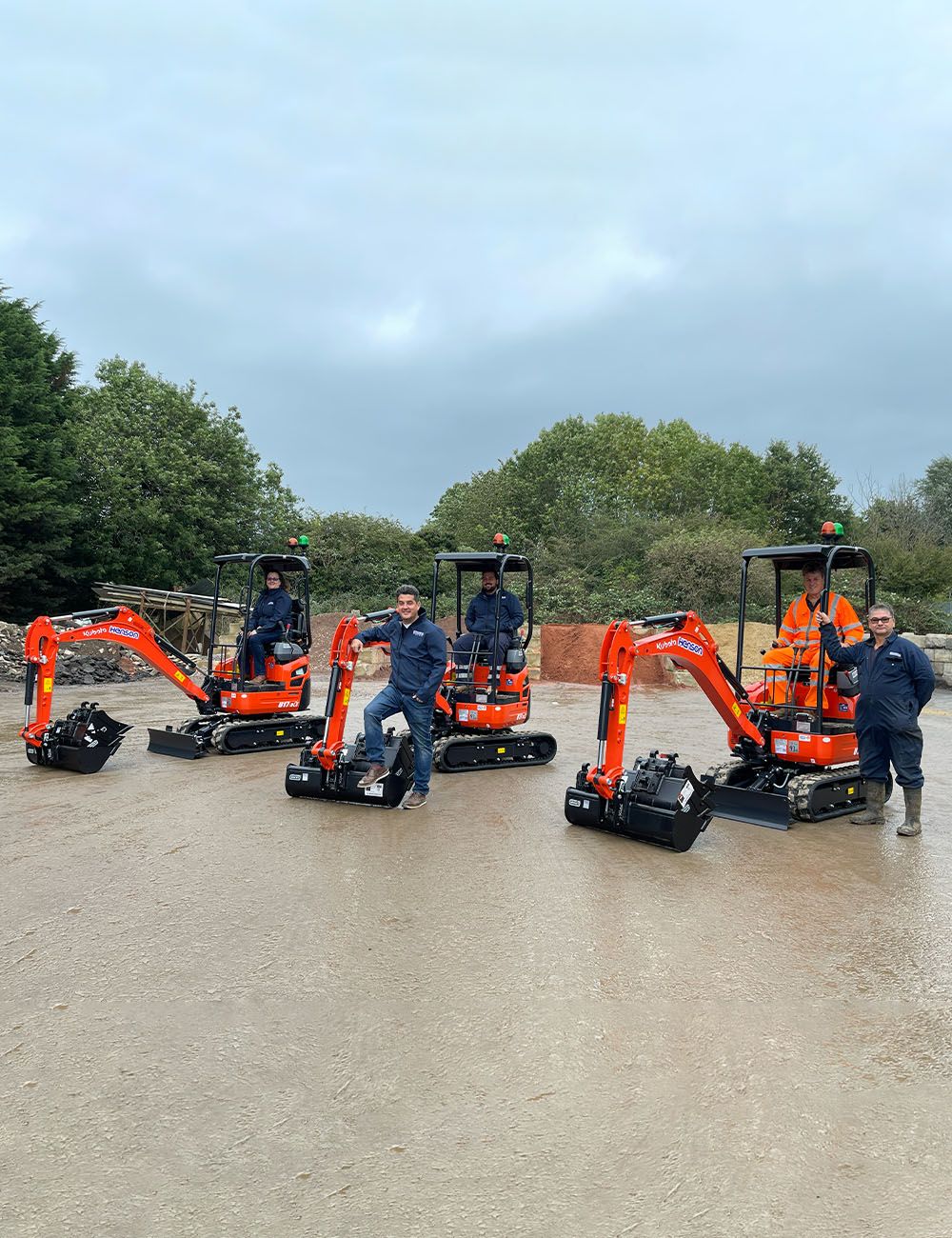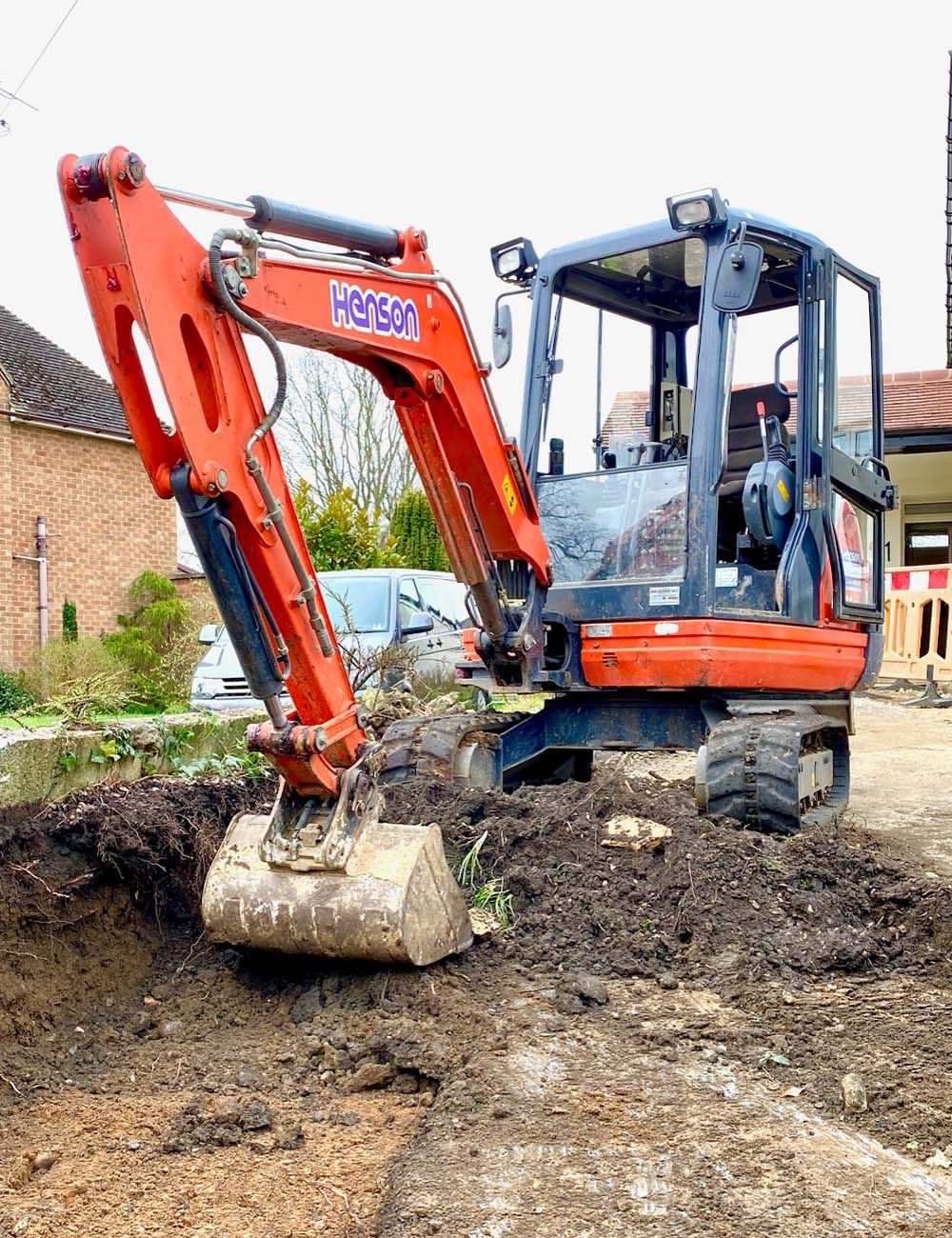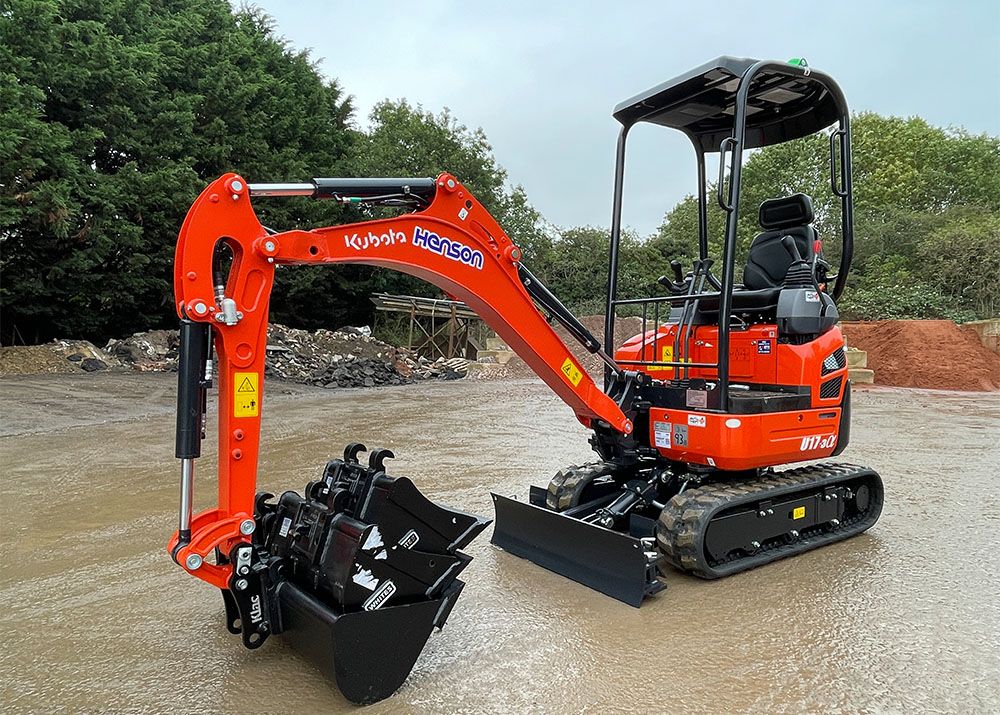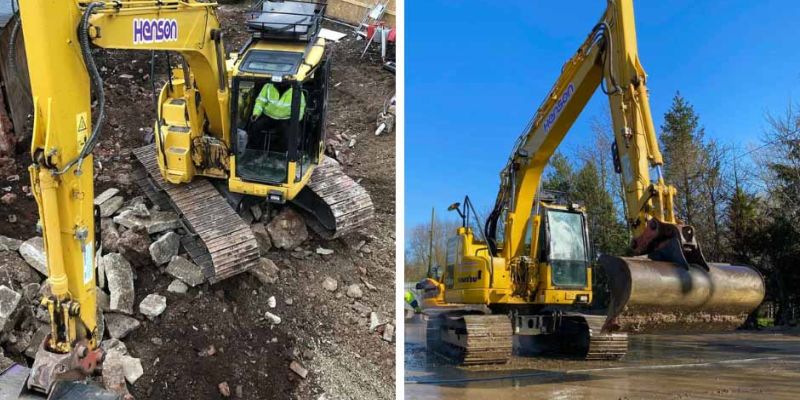
What size excavator do I need?
Blog
Are you planning a project that requires an excavator but are unsure what size to get? Making the right choice is essential for ensuring that your project runs smoothly and efficiently. At Henson Plant, we understand the importance of having the right equipment for every job, so let’s take a look at different sizes of excavators and which one might be best suited to your needs.
What is an excavator and how can it be used?
An excavator is a powerful piece of equipment that is used to dig, move, and lift heavy objects. They come in a variety of sizes and shapes, but all have one goal in mind: to make excavation and construction work more efficient. With its long arm and hydraulic power, an excavator can easily manoeuvre through tough terrain, dig deep holes for foundations or trenches for pipes, and remove debris and dirt with ease. It's not only versatile but also extremely useful in a variety of industries, such as construction, mining, and agriculture. Whether you're building a new house, repairing a road, or just digging a hole for a new tree, an excavator can make the job go much smoother and faster.
The Different Sizes of Excavators
Excavators come in all shapes and sizes, but have you ever wondered about the different variations in size? From mini excavators that can fit through tight spaces to large excavators that can dig deep into the ground with immense power, each size has its unique benefits and functions. Mini excavators provide portability and precision in tight spaces, whereas larger excavators can tackle heavy-duty projects like trench excavation or mining. You may also notice mid-size excavators typically used in residential construction and landscaping projects. The varying sizes of excavators offer flexibility in all kinds of terrain and project types, allowing professionals to get the job done in the most efficient and effective way possible.
Typically they are broken down by the operating weight, measured in tonnes. For example, you can have a 13-Ton Excavator or a 3-Ton Excavator, each with its own benefits and specific use cases.
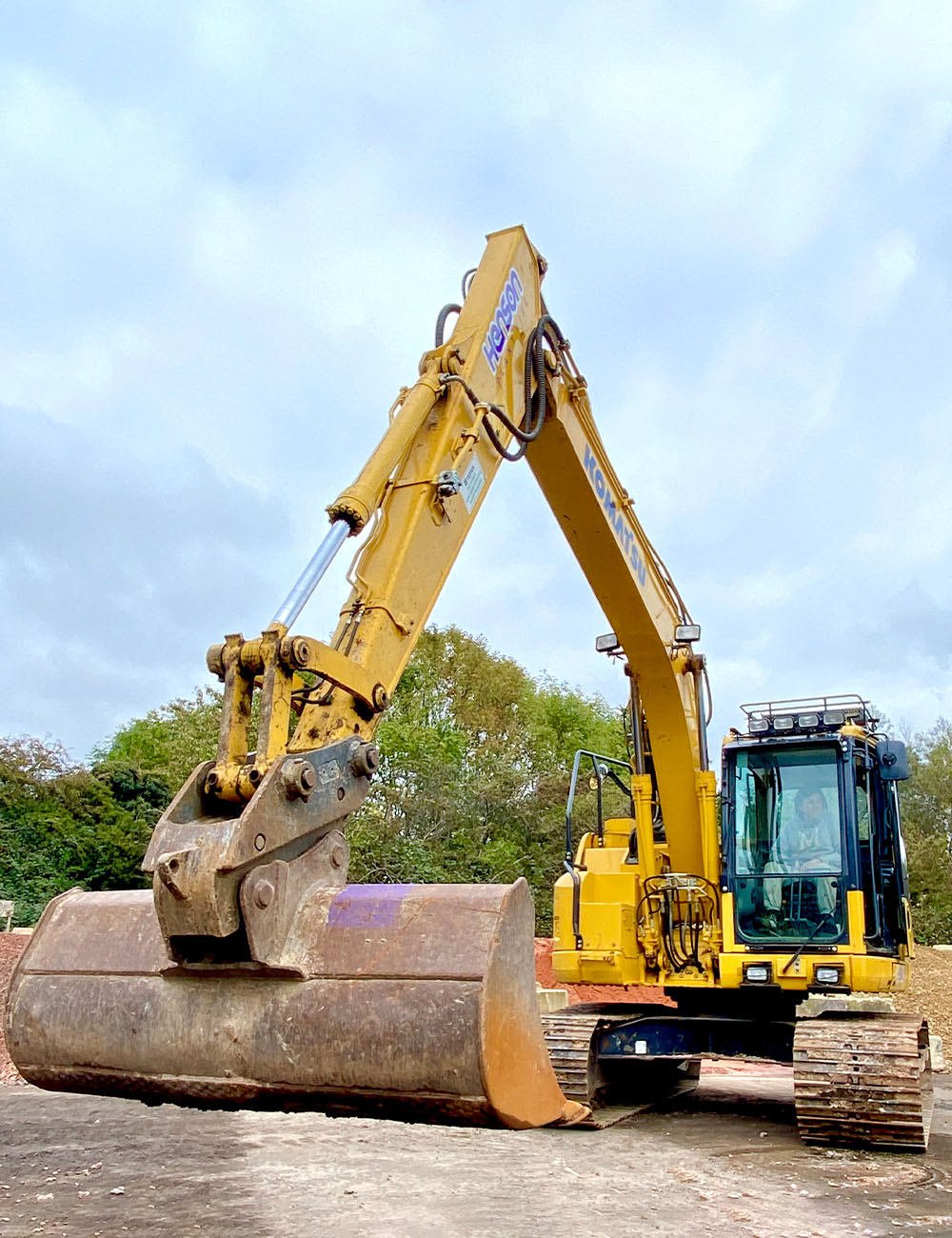
How to Determine What Size Excavator You Need for Your Project?
When embarking on an excavation project, determining what size excavator you need is crucial in getting the job done right. To determine the size you need, you'll want to consider several key factors such as the size and type of material you'll be excavating and the depth required for the project. For instance, smaller excavators with a bucket capacity of less than 6 cubic feet may be sufficient for residential projects, while larger excavators with a bucket capacity greater than 45 cubic feet may be required for commercial projects or large-scale jobs. Additionally, consider the manoeuvrability of the equipment, as larger excavators may be more difficult to operate in tight spaces. By assessing the specific needs of your project, you can confidently select the optimal size excavator for your excavation needs.
Benefits of Using a Smaller or Larger Excavator for Certain Projects
When it comes to selecting the right excavator for a project, size does matter. Smaller excavators have their benefits, especially when working in tighter spaces or on smaller-scale jobs. They are also more manoeuvrable and can save on fuel costs. However, larger excavators offer greater power and digging depth, making them ideal for larger-scale projects that require more heavy lifting. With the right excavator size, you'll be able to complete your project efficiently and effectively, without wasting time or money on unnecessary equipment. So, take a close look at your project's scope and requirements and choose wisely.
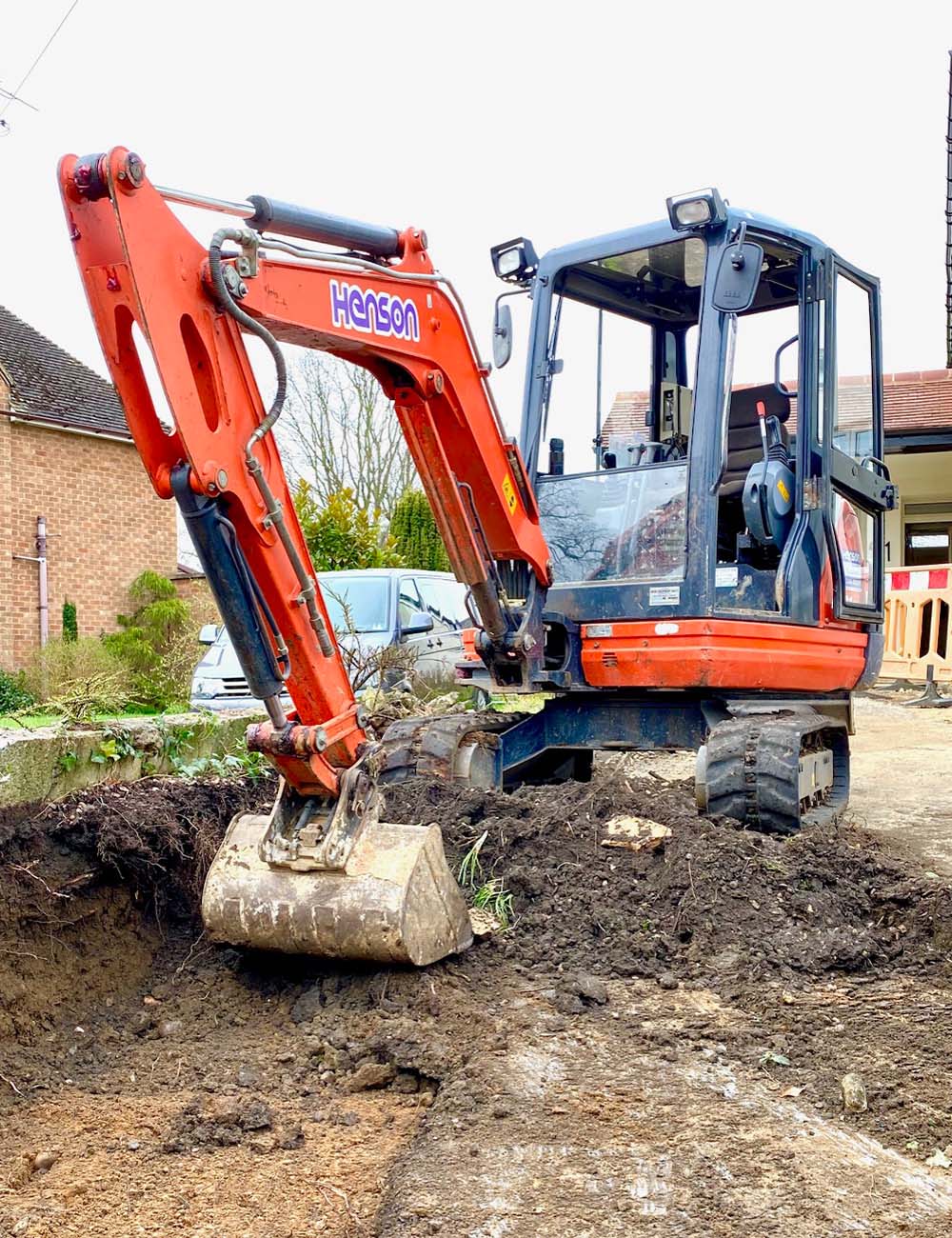
Choosing the Right Size Excavator for Your Project
Choosing the right size excavator for your project is important to ensure maximum efficiency and effectiveness. Mini excavators can provide portability and precision, while larger ones are great for heavy-duty jobs like mining or trenching. Mid-size models may be ideal for residential construction projects. Consider factors such as material type, the depth required, the manoeuvrability of equipment, and bucket capacity when determining which size will best suit your needs. With all these points in mind, you'll be able to confidently select an optimal-size excavator that helps you get the job done without wasting time or money on unnecessary equipment.
If you need help choosing the right equipment for your project, then get in touch with us, a trusted excavator hire company to help you select the right size excavator for your job. With our expertise and experience, we can ensure that you get the right size excavator to complete your project efficiently and effectively.
Articles
